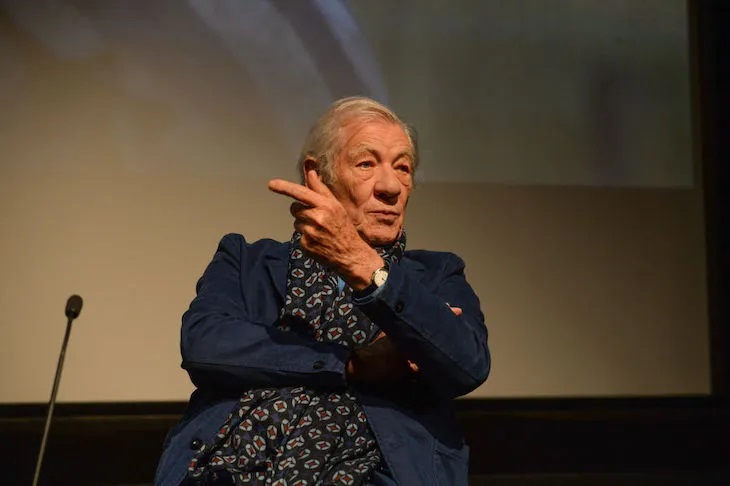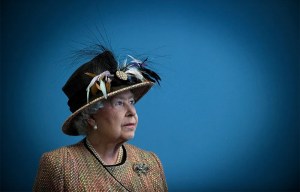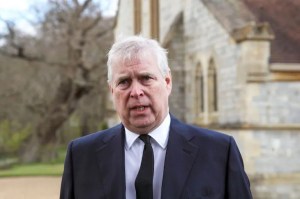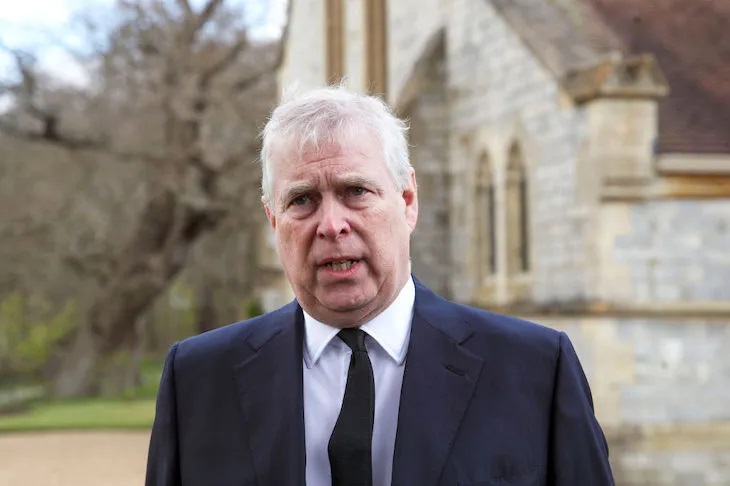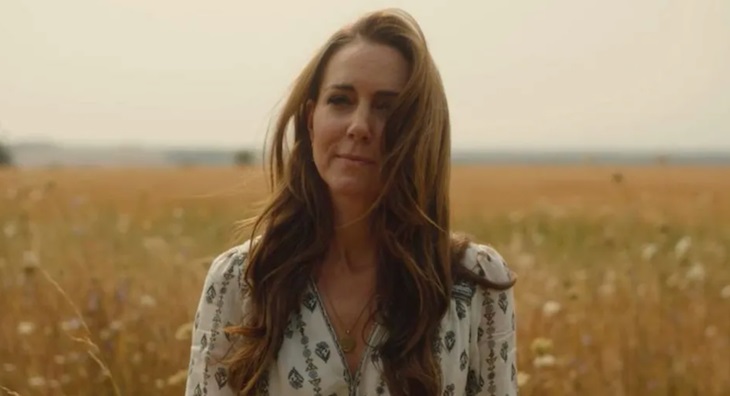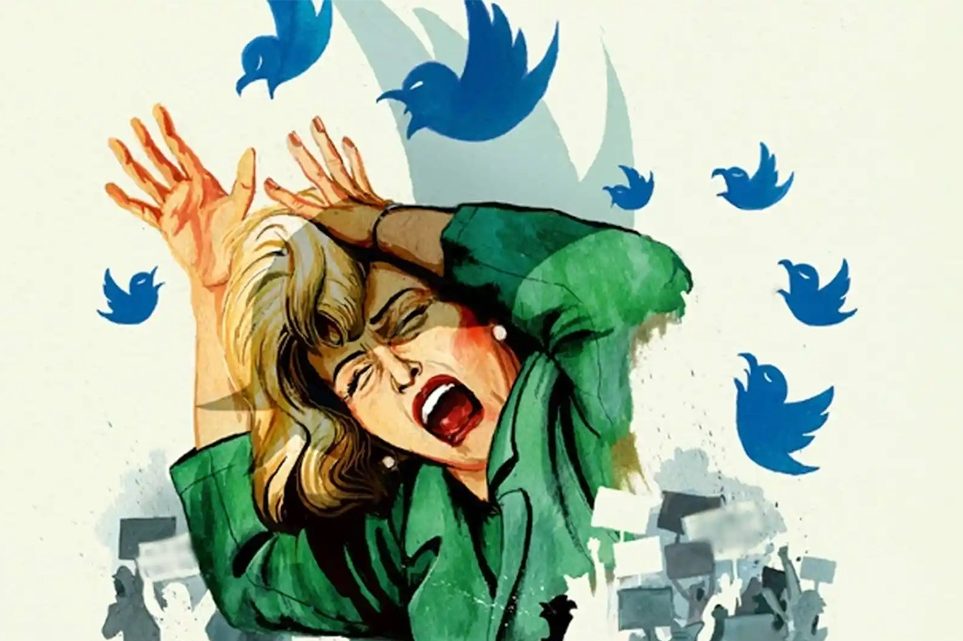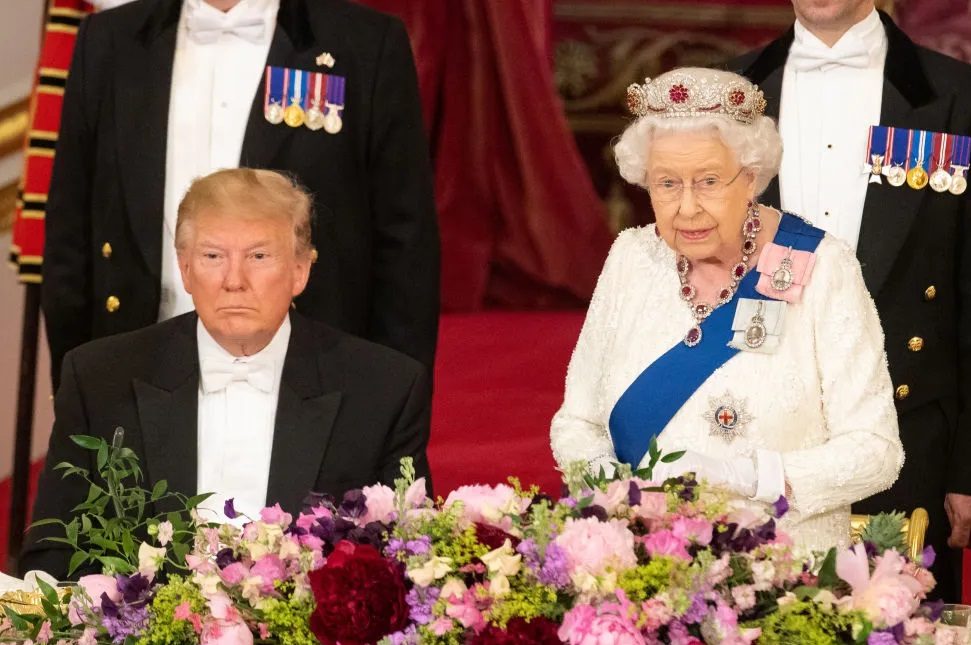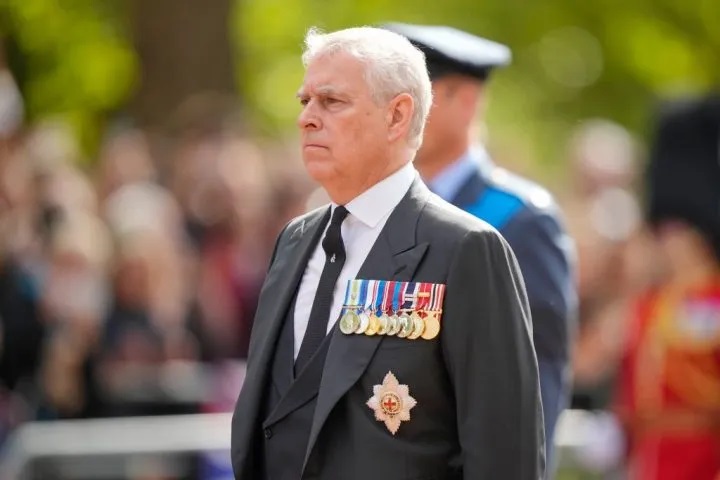Of all the people who might come forward to attack the memory of the late, lamented Queen Elizabeth II, Sir Ian McKellen — known for his role as Gandalf in Lord of the Rings and for being appointed a Companion of Honour by the Queen, no less — would not be high on the list. Yet in a candid interview that he has given to the Times of London, McKellen has labeled the late Queen both rude and borderline insane. Few would have expected one of Britain’s greatest actors to hold forth with such strong opinions about the monarchy, but apropos of little, McKellen asked his interviewer: “Imagine being born into the royal family. I’ve been in public life a bit, but these people are in prison. They can’t do anything normal. Can you imagine having to be nice to everyone you talk to?”
Many might regard this as a fair point, but McKellen then went on to declare:
The Queen, I’m sure she was quite mad at the end. And on the few occasions I met her she was quite rude. When I received a medal for acting [the Companion of Honour in 2008], she said, ‘You’ve been doing this for an awfully long time.’ I said, ‘Well, not as long as you.’ I got a royal smile for that, but then she said, ‘Does anyone still actually go to the theater?’ That’s bloody rude when you’re giving someone a medal for acting. It meant, ‘Does anyone care a fuck about you because I don’t. Now off you go!’
There are other, trenchant opinions about royals alive and dead elsewhere in the interview too. The Duke of Edinburgh is described as “deeply, deeply eccentric and I suspect deeply unhappy,” and the King is airily written off thus: “He sort of survives, but he is clearly damaged.” Still, McKellen — who is currently reading Spare and declares that he is “most definitely on Harry’s side” — is ambivalent about Prince Harry, saying “he’s probably not bright enough or doesn’t have the right friends to really help himself. Mind you, he had the pick of all the pretty women in the world. I hope he’s got the right one.”
McKellen is one of Britain’s most respected actors, and his latest performance in the theatrical thriller The Critic is typically accomplished — in large part because he refuses to toe the accepted line. At the age of eighty-five, and having weathered a health scare that saw him fall offstage while playing Falstaff in the recent Player Kings (a fat suit cushioned him from worse injuries), he undoubtedly feels that he has a right to say what he likes. Few would begrudge him this right. As Craig Brown’s magisterial new panoramic account of Elizabeth II, A Voyage Around the Queen, attests, the late monarch could indeed be brusque with the innumerable people who she came across, although this was less down to rudeness and more a byproduct of having to smile, nod and shake hands with everyone from the humblest to the greatest — including, naturally, McKellen.
If anything, the more intriguing nugget from the interview is the actor’s measured support for the Duke of Sussex. Harry may, indeed, have had his pick of all the women in the world — pretty or otherwise. Few would dispute the fact that Meghan Markle has proved to be an unusually publicity-hungry spouse for him, creating a unique dynamic within both the marriage and the public perception of the pair. McKellen has played his fair share of flawed and damaged Shakespearean kings, from Richard III to King Lear, but it might be his seminal 1979 staging of Macbeth that offers the closest comparison with the present day. A limited but ambitious man who betrays everyone around him, urged on by his power-hungry and ruthless wife? The comparisons, I fear, write themselves, and not in a flattering way.
This article was originally published on The Spectator’s UK website.



